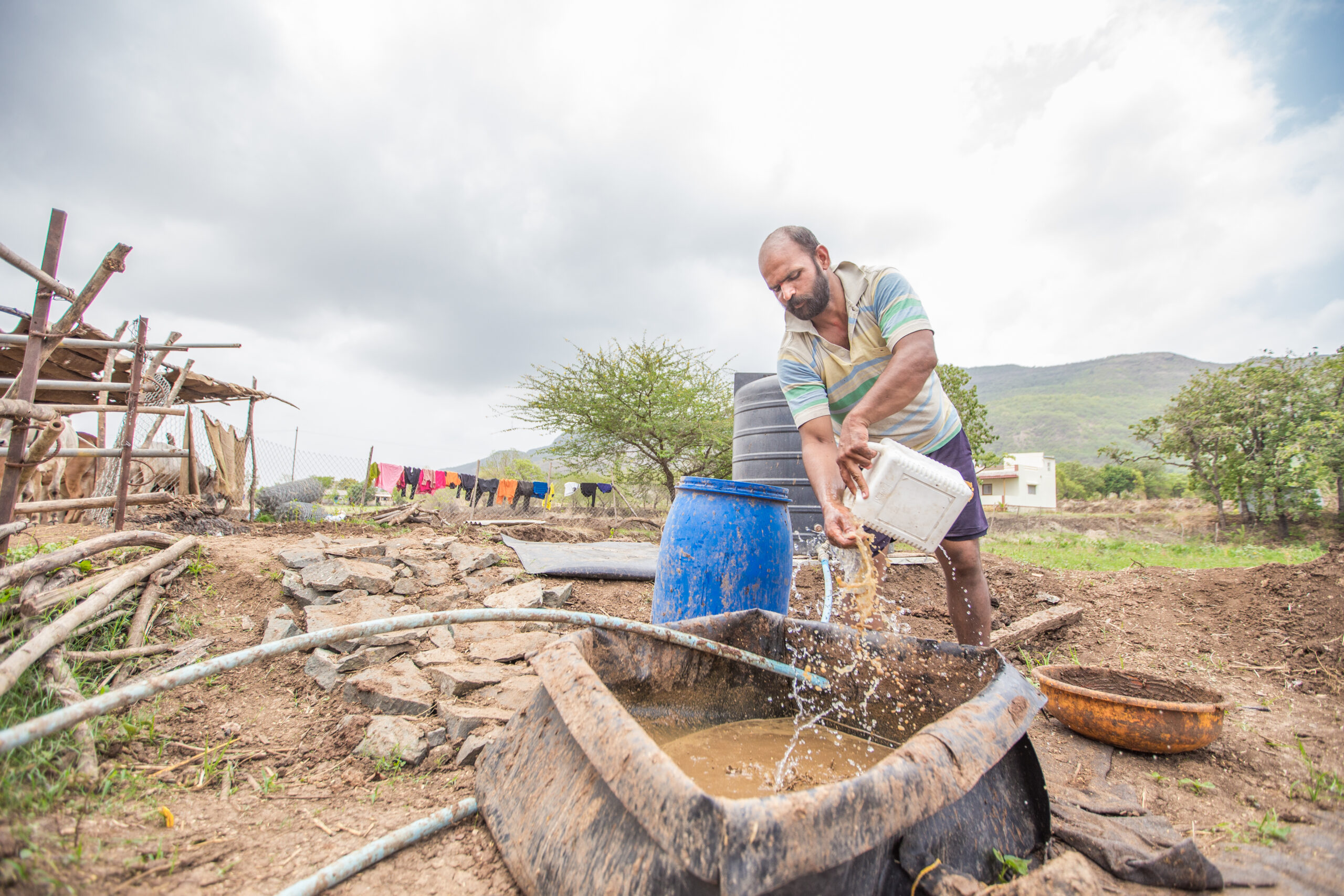Can productive agricultural activities strengthen the commercial performance of community mini-grids?

In 2019-20, Factor[e] developed a programme of demonstration projects with the Rockefeller Foundation and produced a report examining how to accelerate rural development through better access to energy in agriculture.
A concept that Factor[e] tried to assemble within the portfolio of scalable demonstration projects was to match a “cooling-as-a-service business” with a mini-grid. This would show how post-harvest loss and rural electrification could be tackled in concert. The challenge was to match the technology provider, energy service and off-taker together.
It proved challenging to pull these project components together during the programme, but to gauge the value of the opportunity in theory and increase the likelihood that others might succeed in future, they carried out a modelling exercise to quantify the benefit of cold storage for mini-grid operators based on how a cooling business actually operates.
They also modelled the horticultural drying opportunity and the potential for biogas to displace diesel to power the mini-grid’s back-up generator.

The analysis shows that the cold storage opportunity should be pursued as part of a broad programme that incentivises partners to work together over a longer time horizon.
Factor[e] is less convinced that distributed drying and biogas production offer a similar strategic opportunity to boost the remote community mini-grid business model: for both there are important trade-offs to consider, but Factor[e] argue that this should not put off operators from pursuing them opportunistically.
Download the full analysis [1MB].
















